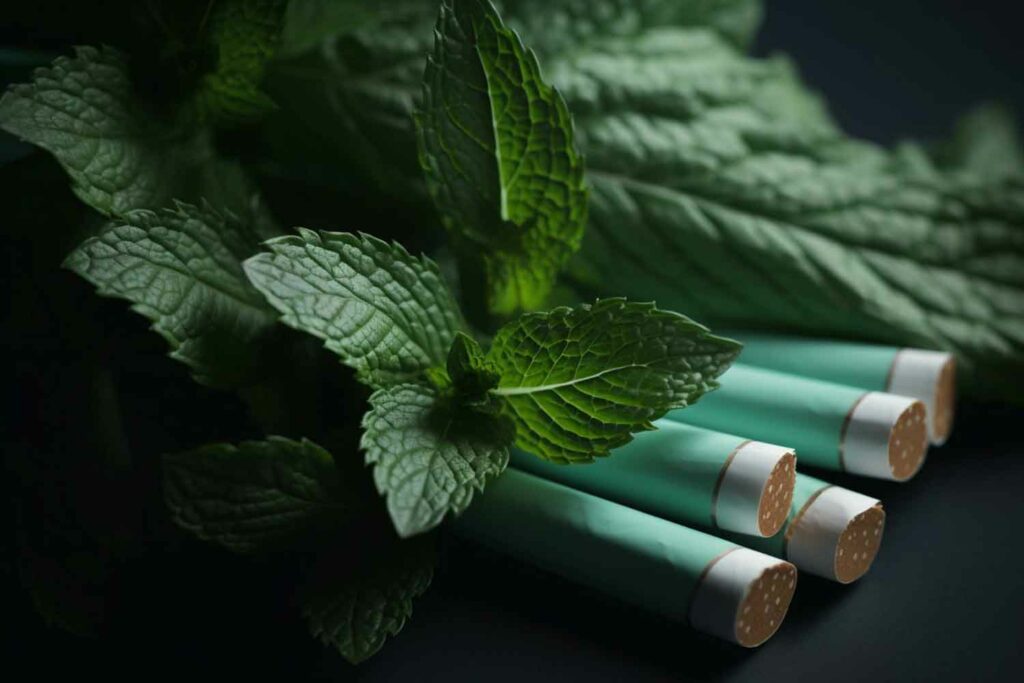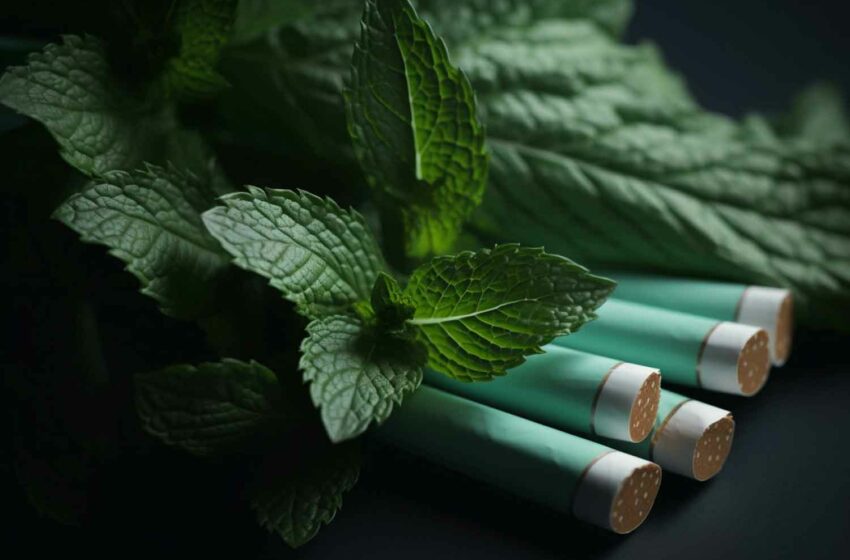
Cigarette manufacturers are deploying synthetic chemicals that mimic menthol’s cooling sensations in U.S. states that have banned the additive, according to a new study from Duke Health.
Menthol cigarettes are banned in California and Massachusetts and tobacco companies are bracing for a federal ban on the substance later this year.
In a Research Letter appearing online Oct. 9 in JAMA, researchers from Duke Health and Yale University identified new compounds that achieve similar cooling sensations to menthol, which has long been added to tobacco to reduce harshness.
“We found that tobacco companies are adding a synthetic cooling agent called WS-3 to these new “non-menthol” cigarettes,” said Sven-Eric Jordt, associate professor in the department of anesthesiology at Duke University School of Medicine and senior author of the study, in a statement. “The added amounts are sufficient to produce robust cooling sensations, with some brands having more cooling activity than their menthol equivalent cigarettes.”
When California’s menthol ban was enacted in December 2022, R.J. Reynolds Tobacco Co. and ITG Brands introduced non-menthol cigarette brands as menthol substitutes, with similar packaging and marketing strategies as their menthol cigarette brands.
Sairam V. Jabba, a senior research scientist at Duke and lead author of the study, measured whether cigarettes purchased in the two states with bans contain chemicals that activate the cold/menthol receptor, which senses environmental cold temperature and is activated by menthol.
“We found that four of the non-menthol cigarette products, all manufactured by R.J. Reynolds, robustly activated the cold/menthol receptor, and this cooling activity was stronger than of their menthol counterparts,” Jabba said.
“These results signify that these new ‘non-menthol’ cigarettes can produce the same cooling sensations as menthol cigarettes and thereby facilitate smoking initiation,” he said. “Allowing these cigarettes to be marketed would nullify several of the expected public health benefits from state and federal bans of menthol cigarettes.”
A chemical analysis of the “non-menthol” cigarettes detected a synthetic cooling agent, named WS-3, in four of the nine currently marketed products. WS-3 produces a cooling effect, but lacks the minty smell of menthol, allowing these products to bypass regulations. The researchers also detected vanilla and tropical flavor chemicals in “non-menthol” cigarettes, contained in flavor capsules in the filters.
“Our discovery of restricted flavors such as vanilla, which have characteristic odor and taste, demonstrates that Big Tobacco is ignoring current federal regulations banning the addition of characteristic flavors to cigarettes. More importantly, vanilla flavor is a very popular among children and youth, making it easy for them to initiate on these cigarettes,” Jordt said.











